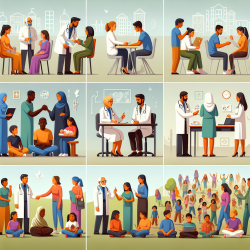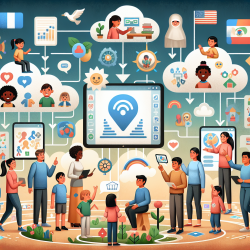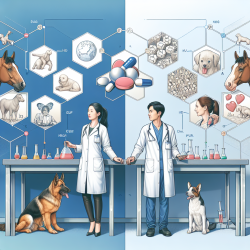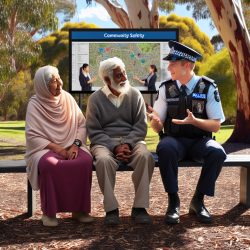Introduction
In today's interconnected world, migration has become a common reality, bringing with it a host of challenges and opportunities. Among these challenges is the issue of drug use among migrant populations, a topic that has been under-researched and often overlooked. The recent research article, "A Call to Create Integrated Services to Better Address the Needs of Migrants Who Use Drugs in Europe," highlights the urgent need for integrated services to support migrants who engage in drug use. This blog post aims to help practitioners enhance their skills by implementing the outcomes of this research or encouraging further exploration into this critical area.
The Current Landscape
Migrants face numerous challenges in their host countries, including limited job opportunities, language barriers, and mental health issues. These factors, combined with past traumas and the stress of migration, make them particularly vulnerable to engaging in problematic drug use. Despite this, data on drug use among migrants is scarce and often inconclusive. The European Monitoring Centre for Drugs and Drug Addiction (EMCDDA) has recognized migration as a "megatrend," yet the European drug report 2023 only briefly mentions drug use among migrants.
Barriers to Accessing Services
Migrants who use drugs (MWUD) face significant barriers when trying to access health and social services. These barriers include cultural differences, legal status, and discrimination, which often prevent them from receiving the care they need. By denying migrants access to these services, we perpetuate inequity and contribute to poorer health outcomes.
Recommendations for Practitioners
Practitioners can play a crucial role in improving access to services for MWUD by implementing the following recommendations from civil society experts:
- Increase Data Availability: Enhance data collection and quality to inform guidelines and improve service delivery.
- Expand Service Availability: Increase the availability of drug dependency services, including mental health screenings, and involve migrants in service development.
- Eliminate Barriers: Work to remove country and service-level barriers and provide migrants with suitable information while combating stigma and discrimination.
- Foster Collaboration: Encourage collaboration among EU countries and within services, including civil society organizations and cultural mediators.
Co-Creating Integrated Services
To truly address the needs of MWUD, we must adopt an integrated, holistic approach that offers support across multiple domains, such as health, housing, and financial issues. Policymakers and practitioners must work together to eliminate barriers and engage migrants in every step of the process. By doing so, we can uphold human rights, promote public health, and facilitate social integration.
Conclusion
As practitioners, we have a responsibility to advocate for and implement integrated services that address the unique needs of migrants who use drugs. By embracing the recommendations outlined in the research and fostering collaboration, we can make significant strides in improving the health and well-being of this vulnerable population.
To read the original research paper, please follow this link: A call to create integrated services to better address the needs of migrants who use drugs in Europe.










